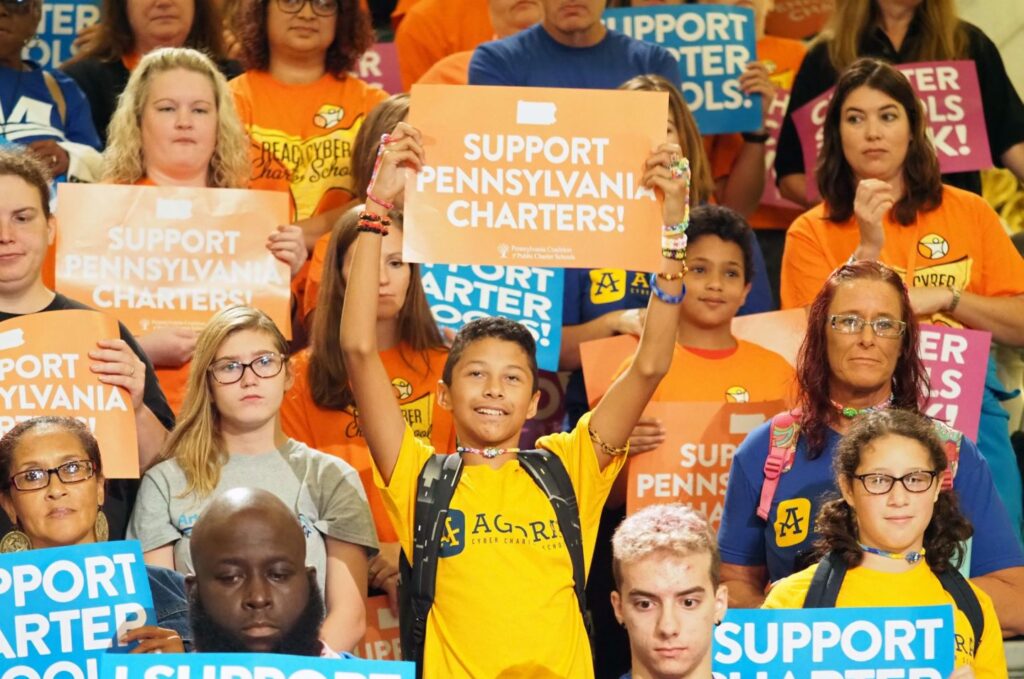Emerging studies show charter school performance benefits students everywhere
New studies on the efficacy of charter schools and the impact their presence has on local public schools are fueling the fire for school choice advocates.
Amid debates within the Alaska…

New studies on the efficacy of charter schools and the impact their presence has on local public schools are fueling the fire for school choice advocates.
Amid debates within the Alaska Legislature regarding education funding, Gov. Mike Dunleavy has repeatedly pointed to a national Harvard study to justify his prioritization of supporting charter schools.
“This past November, research from Harvard confirmed that Alaska’s charter school system is the best in the country,” said Gov. Dunleavy in his January State of the State speech.
“That’s right. You heard correctly. Alaska’s charter school system is leading the nation. This fact should be a cause for celebration.”
The study in question, titled “The Nation’s Charter Report Card: A New Ranking of States by Charter Student Performance,” measures performance based on student scores on standardized assessments. The results indicate that Alaska charter schools outperform all other charter schools in the nation.
Gov. Dunleavy has thus promised to veto any education plan that leaves out charter school funding to focus solely on public schools – a move that has drawn criticism from school choice opponents, who believe the state’s low ranking traditional public schools need more money.
Other research may support Gov. Dunleavy’s push to advance charter schools. Some scholars have found that investing in charter schools may also be an investment in the public schools nearby.
A recent study published in the American Economic Journal (AEJ) suggests public school students benefit from the existence of charter schools they do not attend because the presence of charter schools creates competition, thus driving improved public school achievement.
According to the study, public schools near charter schools showed better performance in measures such as higher standardized test scores, lower rates of absenteeism and lower suspension rates.
“Critics of parental choice in education contend that district schools will struggle and shrivel. A few school-choice activists I know make the same prediction, though obviously they feel differently about it,” wrote John Hood, a John Locke Foundation board member, in a January op-ed commenting on the AEJ study.
“I think both groups are mistaken. I think the superintendents, principals, and teachers who work within school districts will respond to increased competition by improving the quality of education they provide.”



